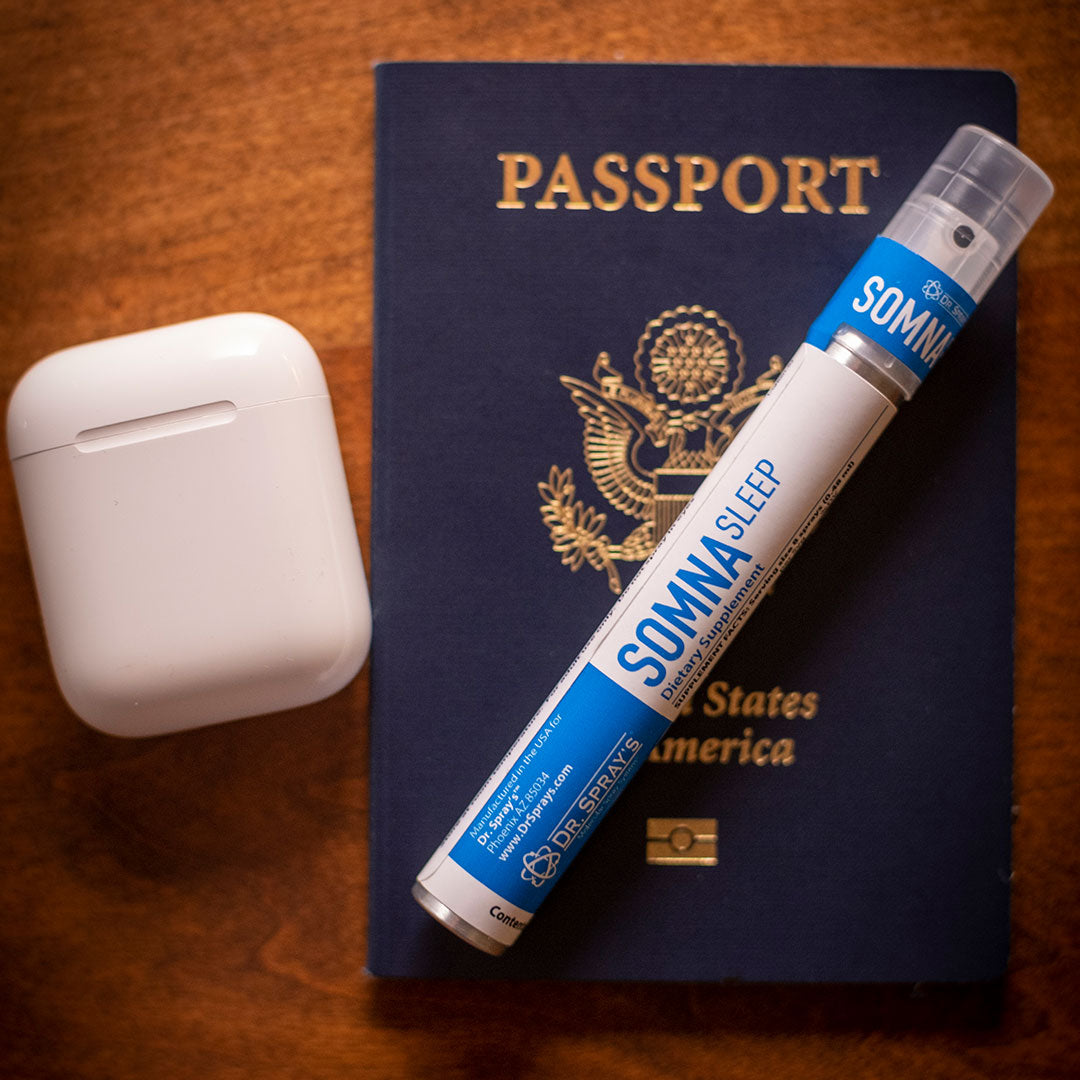How Can I Get My One Year Old To Sleep?
If your one year old isn't sleeping through the night, you're not alone. According to the National Sleep Foundation, 50% of one year olds still wake up at least once during the night. But even if your baby is waking up, there are things you can do to encourage better sleep.
The first step is to establish a bedtime routine. A consistent bedtime routine will signal to your baby that it's time to sleep. You can start with a bath, followed by some calming activities like reading or singing. Then, put your baby in their crib when they're drowsy but still awake. This will help them learn to self-soothe and fall asleep on their own.
If your baby is still waking up during the night, try putting them down for a nap during the day. A well-rested baby is more likely to sleep through the night. You can also try white noise or a lullaby app to help your baby fall asleep and stay asleep.
With a little patience and perseverance, you can help your one year old sleep through the night. Sweet dreams!
1. Create a bedtime routine
One way to help your child fall asleep and stay asleep is to create a bedtime routine. This can include things like reading a book together, taking a bath, or singing a lullaby. Having a consistent routine will signal to your child that it's time to sleep.
2. Put your child to bed drowsy but awake
It may be tempting to rock your child to sleep or feed them until they're completely asleep, but this can actually make it more difficult for them to learn to fall asleep on their own. Instead, put your child down when they're drowsy but still awake. This will help them learn to self-soothe and fall asleep on their own.
3. Avoid caffeine and stimulating activities before bed
Just like adults, children can also be affected by caffeine. Avoid giving your child coffee, chocolate, or soda before bed. Additionally, avoid letting them play video games or watch television in the hours leading up to sleep time.
4. Make the bedroom conducive to sleep
Create an environment in your child's bedroom that is conducive to sleep. This means keeping the light and noise levels low, and making sure the room is at a comfortable temperature. If your child has trouble sleeping, consider investing in a white noise machine or blackout curtains.
5. Don't use sleep as a punishment
If your child misbehaves during the day, don't try to punish them by making them stay in bed all night. This will only create negative associations with sleep and make it harder for them to drift off at night.
6. Limit naps during the day
If your child is taking naps during the day, limit them to no more than two hours. Napping too late in the day can make it harder for children to fall asleep at night.
By following these tips, you can help your child learn to sleep through the night. Just remember that every child is different and it may take some trial and error to find what works best for your family.










